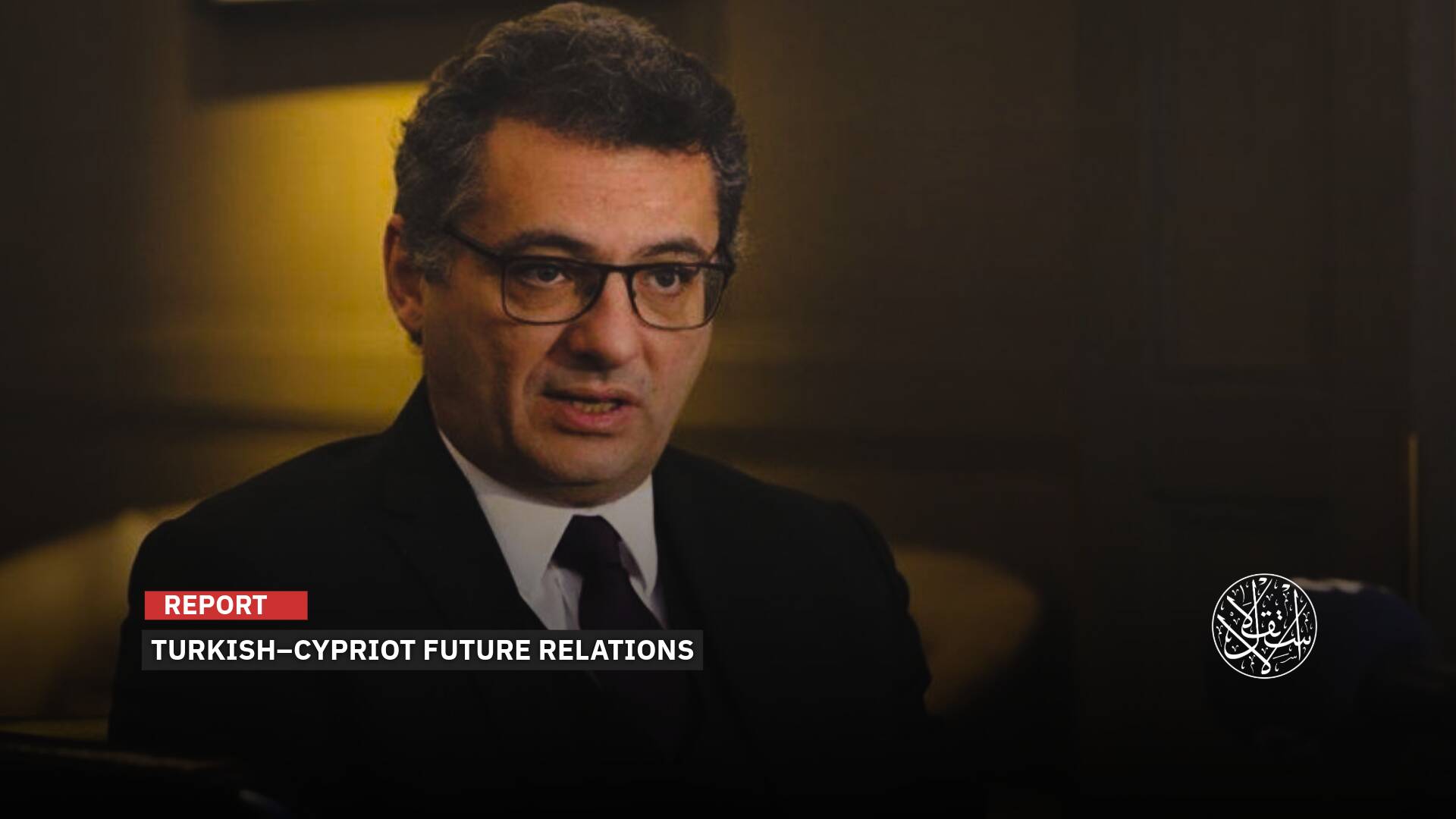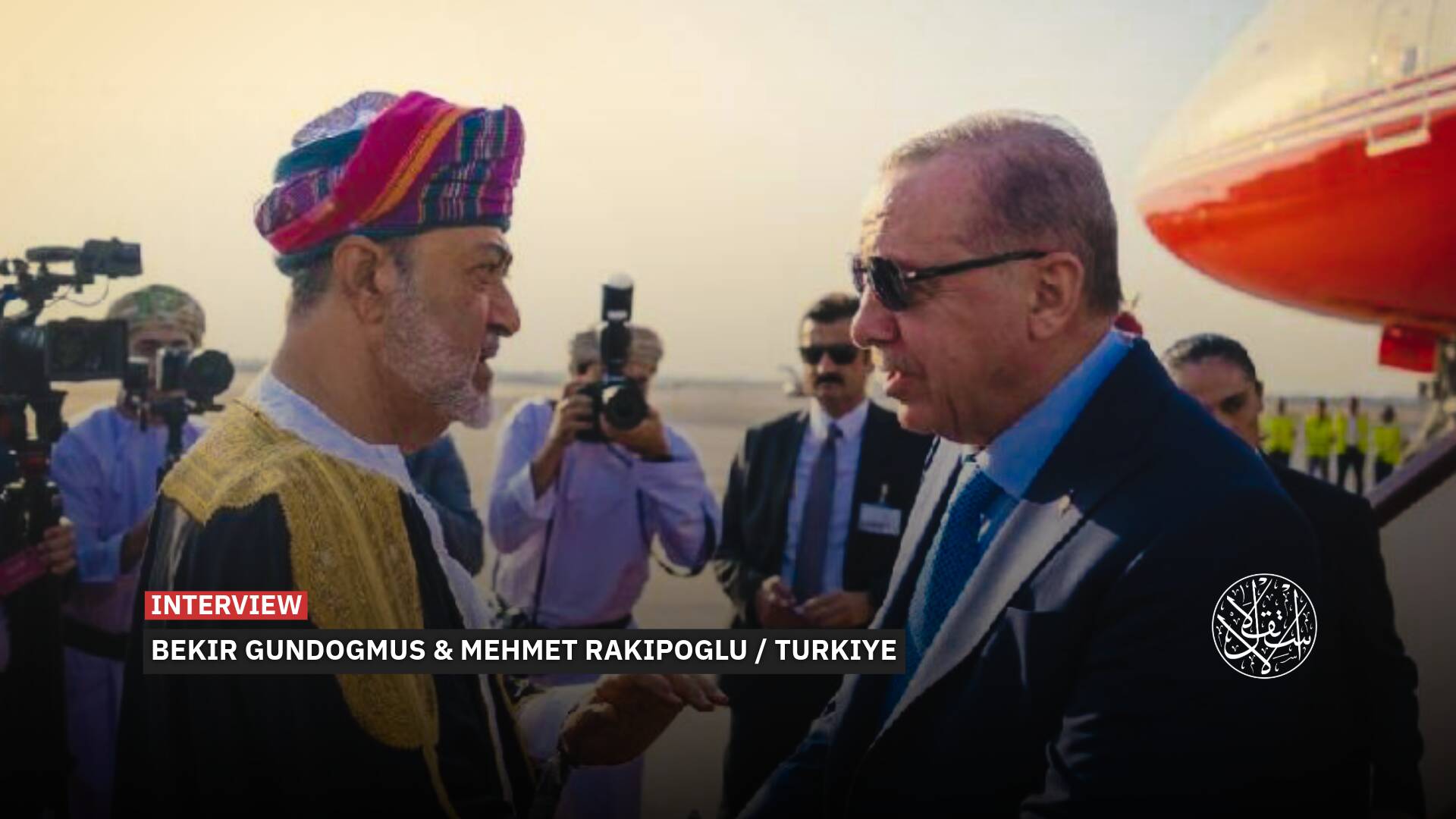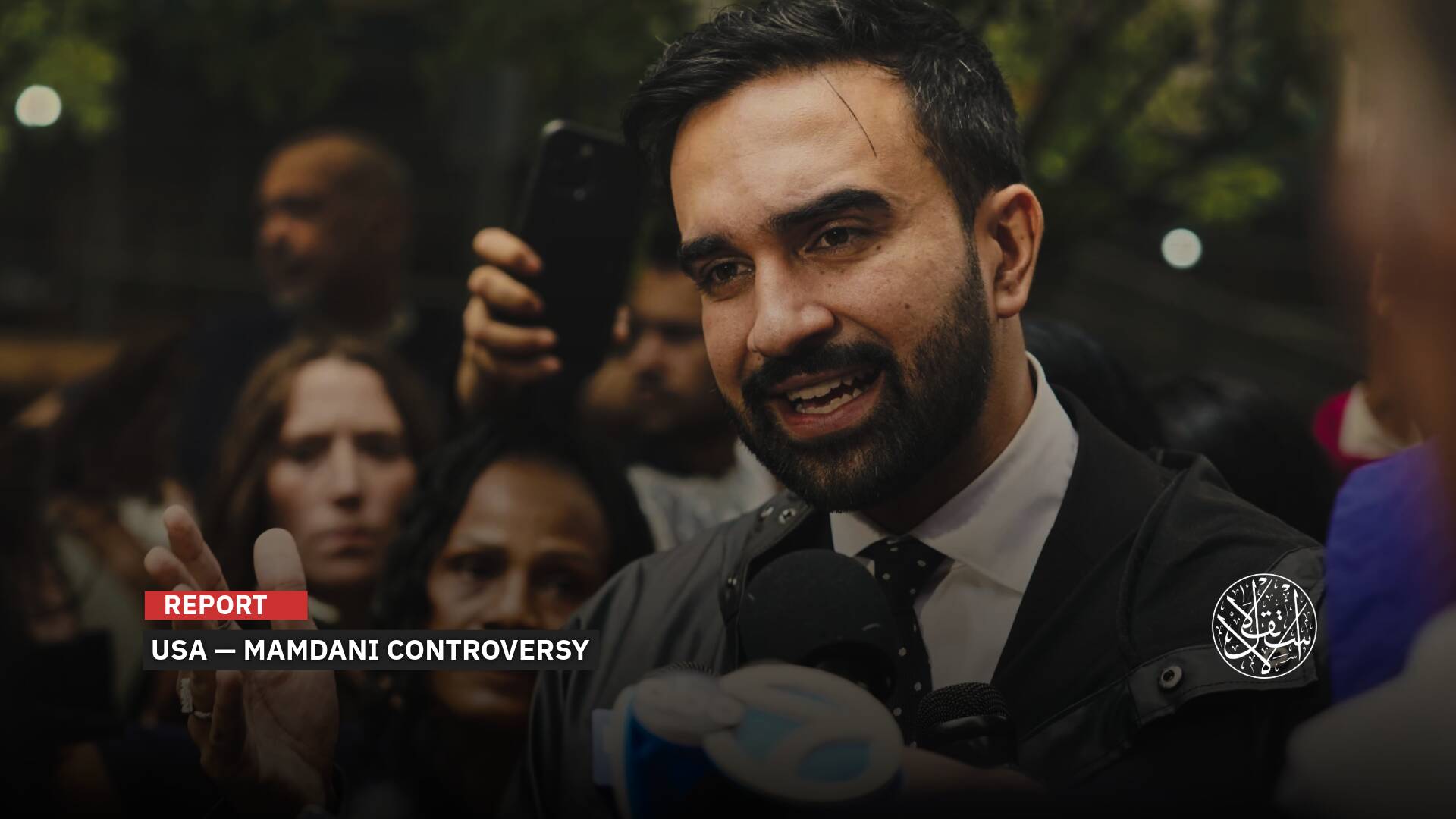These Are the Distressing Impacts of Denmark’s ‘Zero Refugees’ Policy on Immigrants’ Lives

The newspaper spotlighted the distressing situation of many asylum seekers' families. For instance, Mariam Awad, 22, could not remember a time when she slept peacefully, after her application to renew her refugee residence permit in Denmark was rejected two years ago.
Sad Truth
Before 2015, the family lived in a small town outside the capital, Damascus, but fled after the regime arrested her older brother. The family has lived for eight years in the port of Aarhus, northern Denmark.
Awad and her younger sister faced the threat of deportation. This situation is not exceptional. In 2019, the Danish government informed 1,200 refugees from the Damascus region that their residency would not be renewed.
Awad smiles, for the first time, when she received a phone call from her lawyer. He told her about a date set to appeal with the Refugee Council. It will be her last chance to extend her stay. She's been waiting for a call since February, "I'm nervous, but I'm glad this is happening" and "I'm thrilled with the support from my friends who connected me with volunteers, without whom I didn't know what to do."
Unlike the United States and the European Union, Denmark considers the region safe for the return of refugees. This policy affected young and older women, but not the young people who might be forced into compulsory service in the military or children attending Danish schools.
The Danish government has informed 1,200 refugees from the Damascus region that their residency will not be renewed.
Policy Change
The social and Political activist Khalifa Bakkali told Al-Estiklal: “The way Denmark has dealt with immigrants is inhumane and inconsistent with international laws. Returning migrants to their unsafe countries is a threat to their lives.”
She added: “This is what all international norms and laws stipulate to prevent. Most immigrants do not have the financial means to file a case in European courts to overturn the Dutch court's ruling, but many of them do not even know where to go when their asylum claim is dropped.”
In 2015, Denmark changed its legislation denying the refugees the right to residency when the circumstances change in their countries, “but the change should not be fundamental,” says Lisa Blinkenberg from Amnesty International in Denmark. The success of the “red bloc” in the 2019 elections prompted the Danish government to decide that the violence had stopped in Damascus, thus the Syrians could return.
Denmark's policy on asylum seekers and refugees has become hostile since 2015 but in 2019 the Prime Minister announced that Denmark wants "zero asylum seekers.” That was a strong red signal for immigrants.
The right activist Lisa Blinkenberg explained: "Like the rest of European countries there is strong support for extremist parties in Denmark, Which sent a strong message to the government. Denmark is not going to be a country that welcomes refugees or asylum seekers.”
Resisting the Deportations
Rahima Abdullah, 21, is a Syrian refugee and president of the Danish Youth Refugee Council. Over the years, Abdullah was able to build a network of opposition to the deportation policy targeting Syrian refugees. "I don't remember how many cases I defended, and certainly it's more than 100, maybe 200," Abdullah said.
Abdullah, who grew up in a Kurdish family in Aleppo, became a political activist at the age of 16 after her family sought refuge in Denmark. She publishes opinion pieces regularly in the Danish press and has built a reputation as an activist in the defense of refugees. She said, "The image of refugees in the Danish media is negative, and I see that everyone is talking about it, but I felt that I had no voice, and that is why I decided to become an activist."
In 2019, Abdullah's classmate, Aya Daher, became a news focus when she was one of the hundreds of Syrians threatened with deportation. “Aya called me, frightened and crying, and said that her request was rejected,” Abdullah said.
Before that, Aya and her Syrian friends were thinking about graduating from school, exams, and parties. Suddenly everything turned to focus on their future and safety. Abdullah put Aya’s story on Facebook and sent it to reporters and went to sleep, and in the morning she found that the story had been shared 4,000 times. Local and international press shared the story, causing public outrage.
After an appeal to the Danish Asylum Council, Daher's stay was extended for another two years, on the grounds that her public image would jeopardize her life in Syria if she returned. “They granted me residency because I appeared in the media, and they did not believe what I said about my situation and the risks I would face in Syria,” Aya said.
That hurts my feelings and “I hope I will not have to go throughout this process again.” Aya can go on with her life for now, but volunteers like Abdullah still do the same work with others facing the same situation. Aya’s story revealed to refugees that having their stories featured in the media and gaining the community’s support may allow them to stay in Denmark.
Abdullah said that she receives five messages from refugees who want their stories published in the media, "and I have to choose who I want to help, and sometimes I pass the other cases to activists, and there are two or three people who help me."
The problem with presenting cases to the media is that the stories are not as attractive as Daher's, which means more work. She said she had worked with a family with young children and had been interviewed by a Swedish newspaper, but that was not enough.
Sources
- ‘Zero asylum seekers’: Denmark forces refugees to return to Syria
- Sending Aya Back: the Syrian teen facing deportation in Denmark – documentary
- The Guardian: Denmark's "zero refugees" policy turns the lives of Syrian refugees upside down [Arabic]
- Danish prime minister wants country to accept ‘zero’ asylum seekers














